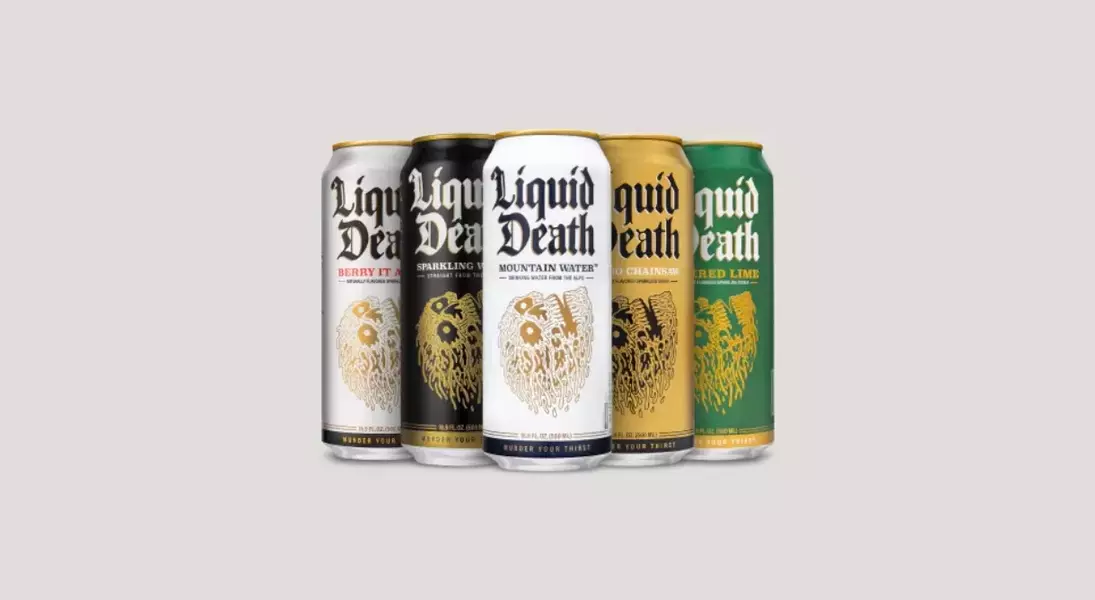
Liquid Death, a prominent soft drinks manufacturer known for its innovative canned water products, has announced the temporary cessation of its operations in the United Kingdom. Despite strong demand and brand recognition during its brief international presence, the company has decided to concentrate on its US manufacturing capabilities. This strategic shift aims to expand the product lineup and improve operational efficiency, reflecting the complexities of global expansion and market adaptation.
Strategic Realignment to US Manufacturing
Liquid Death, established in Los Angeles in 2017 by Mike Cessario, has gained rapid attention with its diverse range of flavored still and sparkling water products. The company's decision to halt UK operations is part of a broader strategy to transition entirely to US-based production. By doing so, Liquid Death intends to enhance its product offerings and optimize supply chain logistics, leading to improved margins and increased volume.
The company stated that this move significantly broadened its healthy beverage lineup, particularly in flavored sparkling water and iced teas. Although there was robust demand and brand awareness in the UK, the lack of production capabilities outside the US necessitated this pause. The brand remains committed to meeting international demand in the future when its supply chain can better support these efforts. This strategic realignment underscores Liquid Death's commitment to long-term growth and sustainability in the beverage industry.
UK Market Challenges Highlighted by Industry Experts
In response to Liquid Death's decision, Josh White, CEO of Cano Water, offered insights into the unique challenges faced by brands expanding into the UK market. While acknowledging the brand's significant impact in the US, White highlighted the distinct consumer behaviors and preferences in the UK. British consumers have different tastes, humor, and brand relationships, which can pose obstacles for international brands seeking to establish a foothold.
White emphasized that the withdrawal from the UK market does not signify failure but rather illustrates the realities of global expansion. He stressed the importance of supporting purpose-driven brands, especially those combating plastic pollution. According to White, every setback for such brands allows larger corporations to continue their environmentally harmful practices. He called for greater support for brands genuinely striving to make a difference, underscoring the need to focus on the real enemy—plastic—and to foster a more sustainable future for all.
